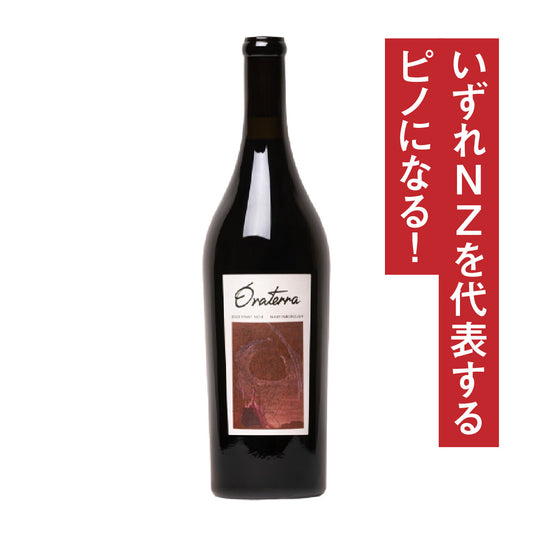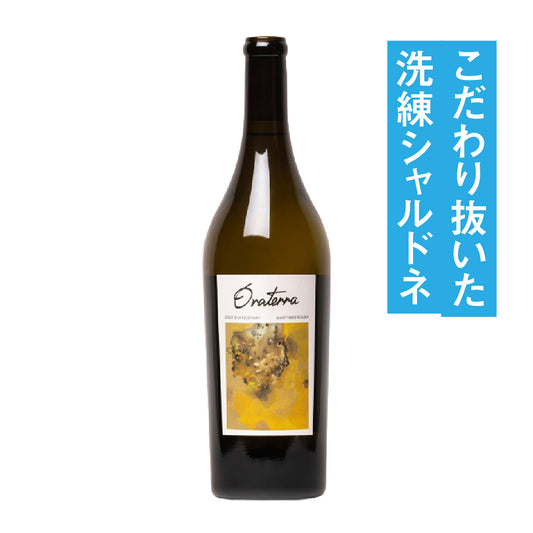Martinborough wine, refined and wild, born from the golden earth

Olatera is an up-and-coming winery born in Martinborough, Wairarapa region, North Island, New Zealand. It began in October 2024. A team of six people who had honed their skills together at the prestigious Dry River have launched a new project in their hometown of Martinborough with the ambition of independence and a second challenge.
They are based in the historic vineyards formerly known as "On Giants' Shoulders." While inheriting the land, they have adopted a new name, Oraterra (Golden Earth), and are now redefining the appeal of this land with the belief of "being faithful to the energy of the earth."
Respect the land and minimize intervention

Olatera's winemaking begins with a thorough dialogue with the land. They consider themselves the "guardians" (kaitiaki) of the fields, and use organic farming without the use of pesticides or chemical fertilizers, as well as biodynamic farming methods that are mindful of the phases of the moon and the movements of celestial bodies. Furthermore, they do not irrigate, trusting in the ability of the vines to find water and nutrients on their own, and instead practice regenerative farming methods that are in harmony with nature.
This hands-off approach is also applied to winemaking, where artificial manipulation is kept to a bare minimum, from natural fermentation with wild yeasts, to barrel aging and bottling. The result is a dense, well-rounded wine that reflects the character of the land, climate and vintage.
A collaboration between sight and taste

The labels of Olatera are artworks created by artists living in Martinborough, who visualized the winemaker's "image of the taste". The labels, which are different for each wine, are like a "cover" for that bottle only. They are so beautiful and meaningful that you will want to collect them as art.
Respect for the land and people
Oratera is not just a wine brand, but a "land-based project" that values coexistence with the local community. It values collaboration with local schools, artisans and Māori hapu (communities), building a cycle of connection with the local economy and culture.







